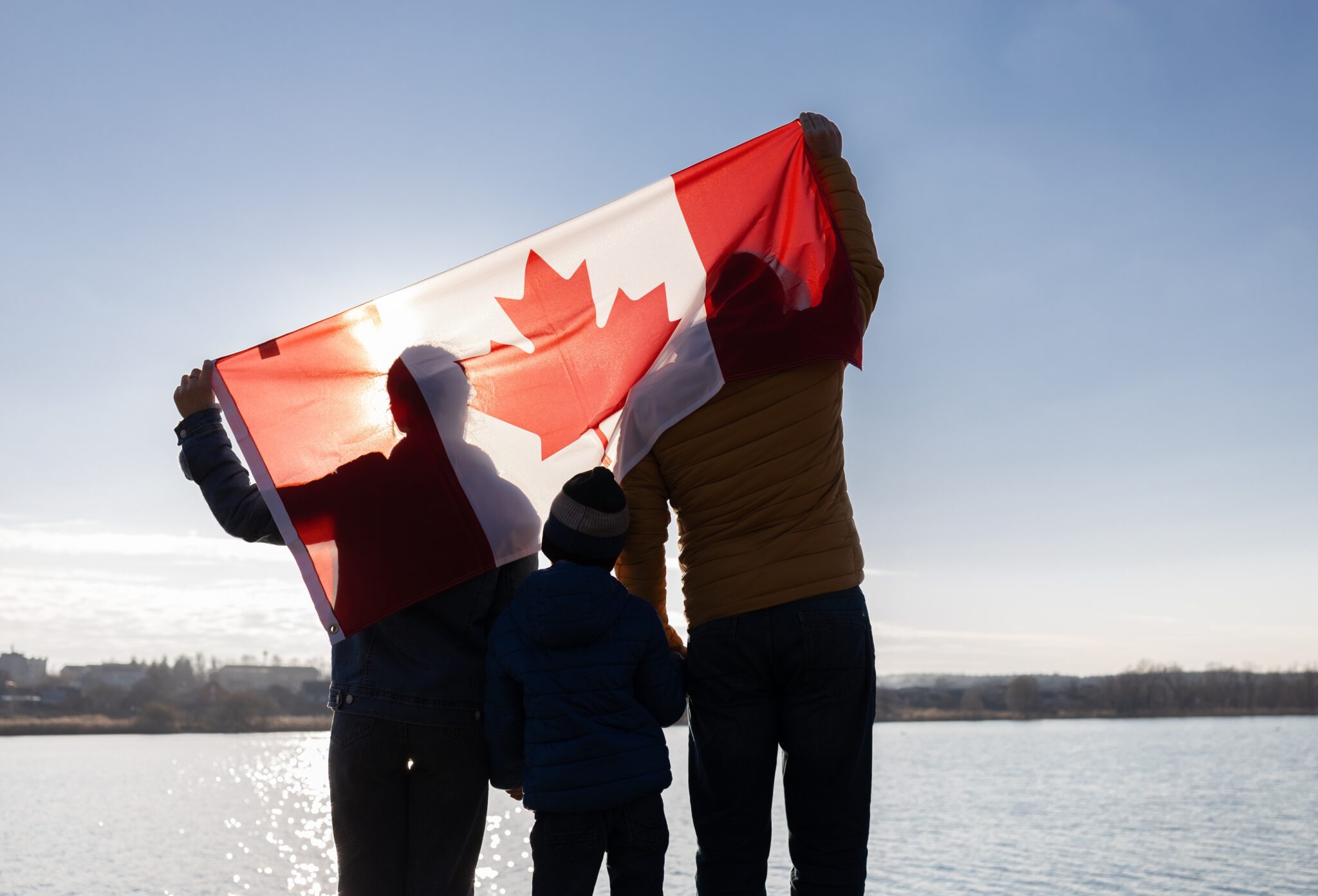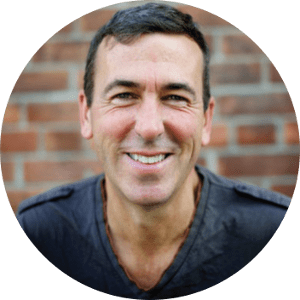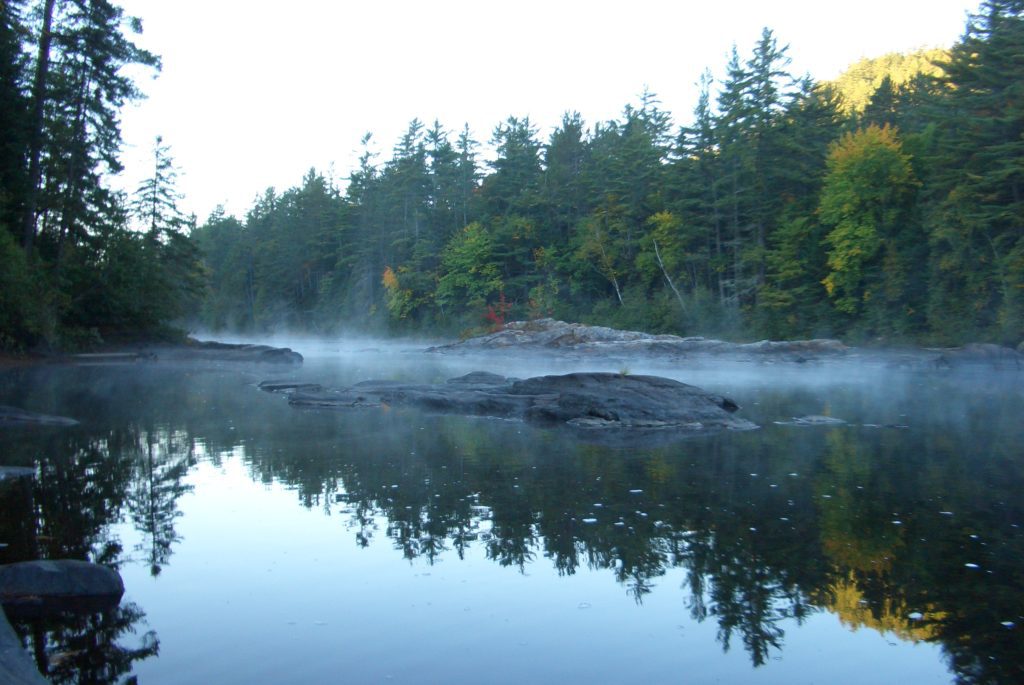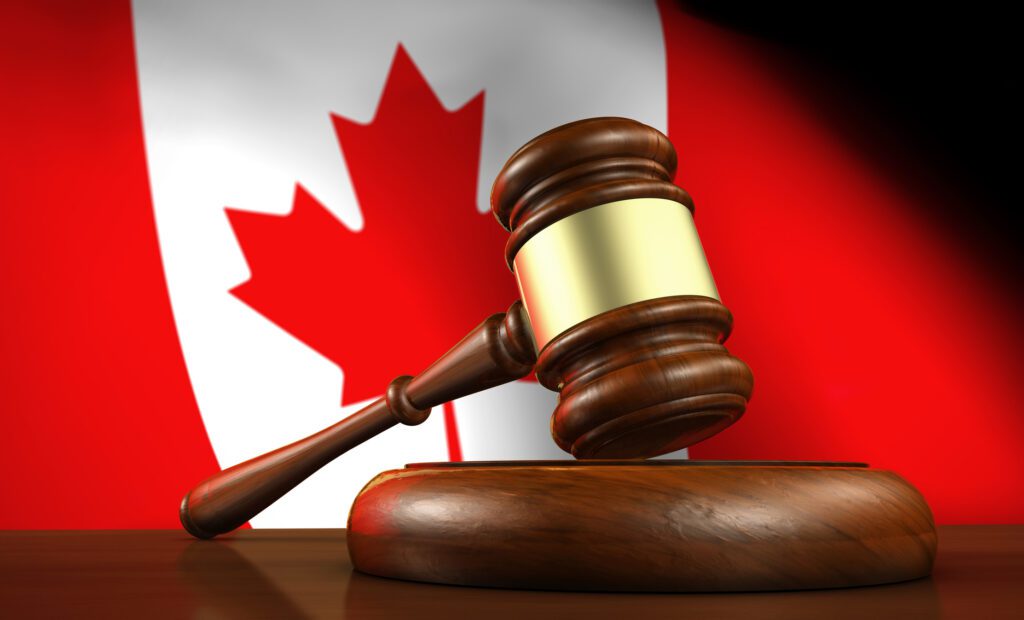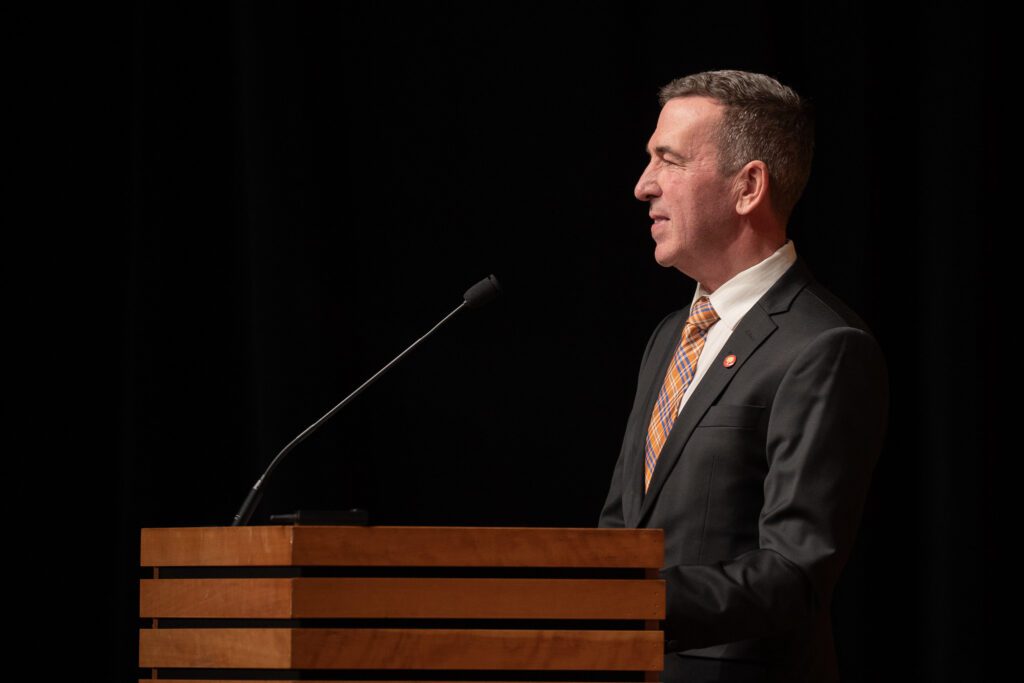We have heard a lot about freedom in Canada over the past several years. Some have argued that freedom means escaping from many of the rules and norms that guide our society. They advocate for freedom from vaccines, freedom to pollute, freedom from respecting other people’s differences and freedom from helping people impacted by climate-caused natural disasters or a growing wealth gap. At Environmental Defence, we believe that freedom can exist without tearing down society’s infrastructure and supports. We are eager to highlight the more positive attributes of freedom that can help us build a better Canada.
In his recent book entitled, On Freedom the noted contemporary historian, Timothy Snyder (Professor at the Munk School of Global Affairs) offers a concept of freedom that has five key elements: independence, unpredictability, mobility, factuality and solidarity. These attributes make an interesting framework to explore a more positive view of what freedom means for people and organizations looking to create a better world.
Independence
Becoming independent is not something that we can do for ourselves. Rather, our ability to become thoughtful, productive and caring humans is provided by the nurturing we receive as children. It is given to us by our parents, our teachers and our community as they support and educate us when we are young. The environment they provide enables us to build the skills and knowledge to begin to understand who we are as distinct individuals.
Unpredictability
Unpredictability is what happens when we grow up enough to be in a position to act on our independence. It is us, as young people, using our knowledge, experiences and values to evaluate and understand the world we are inheriting. It is the opposite of blindly following the crowd, and it is vanishing as we allow social media algorithms to predict and manipulate our thoughts and actions. Freedom is difficult to achieve if those who want to control you know exactly how to do it.
Mobility
Mobility is our capacity to move through the physical and social world and without either we are less free. It is the ability to seek out new places and ideas, the opportunity to expand and apply our knowledge, and the chance to challenge the race and class boundaries many of us were born into or to escape from the physical and resource limitations of where we were raised.
Factuality
Factuality is objective truth. It is reality constructed from verifiable scientific, ecological, historical or lived facts. The presence and protection of factuality provides a shared starting point to find solutions to problems, create conversations and establish freedom. Without it we are rudderless in a sea of misinformation and disinformation.
Solidarity
Solidarity is the act of independent, unpredictable people, with access to facts and personal mobility, working together to solve problems and create communities that commit to providing the elements of freedom for everyone. Solidarity is from ensuring that the people of your community, or your country, have access to the elements of freedom. This in turn guarantees your personal freedom.
“Freedom is more than being able to do what you want—it requires collective responsibility for the ecosystems and social structures that make life possible. This is the positive freedom we fight for.” — Tim Gray, Executive Director of Environmental Defence
At Environmental Defence, we have become increasingly concerned by the corruption of the concept of freedom, where its core meaning has been alienated from the principles described above. That trend, and recent political events transpiring around the world and in our backyard, has given us cause to rethink and re-describe our work in defence of Canada’s environment in ways that are consistent with a vision of freedom rooted in our values.
To us, creating more freedom through our work means encouraging and enabling the independence of people and their ideas. It means taking the time to ensure our supporters and the public have access to factual information about complex environmental issues and policies so they can make up their own mind about what is right and just.
Supporting freedom means working with informed community members who are using their knowledge in ways that are unpredictable to politically powerful people who want them to behave in ways that are expected, safe and are easy to ignore. It means helping citizen movements rise to demand progress on climate change or reject plans for destructive industrial expansion that will destroy our ecosystems and erode our collective freedom.
Enabling freedom means advocating for people to have access to the tools necessary for them to be physically and socially mobile. It means advocating for accessible, affordable and ubiquitous public transit and for housing that is within the economic reach of everyone in this country. It means arguing for government policies that place more of the financial burden for adopting cleaner technologies on the people who can afford it and supporting those who are less able.
Defending freedom means fighting for research, science and evidence to be the basis for government decision-making. It means that decisions to ban chemicals or disposable plastics must be made based on their evidence of health and environmental harm and not on the strength of the lobbying by their corporate manufacturers.
Fighting for freedom means working in solidarity with others who share a positive vision for freedom. It means working with all the people and communities that comprise this country. It means bringing forward the voices of farmers protecting their ability to grow food, supporting the Indigenous nations seeking to assert their rights to make decisions on their lands, helping people in communities seeking new jobs in clean, sustainable industries and working to fix broken planning and pricing systems so that young people and newcomers can find a home they can afford.
In summary, there cannot be individual freedom without the social systems and structures that have been built that give people the tools they need to be free. These social systems themselves cannot exist without the stability and life-giving support of natural ecosystems. This means protecting our forests, waters, wetlands, farmland, wildlife and climate system must be a core foundational requirement of all government decision-making. That environment-as-foundation approach is one that we are dedicated to bringing to all of our programs and we promise to work with all of you to ensure Canada is a country where a protected environment is the foundation for all of our freedom.



